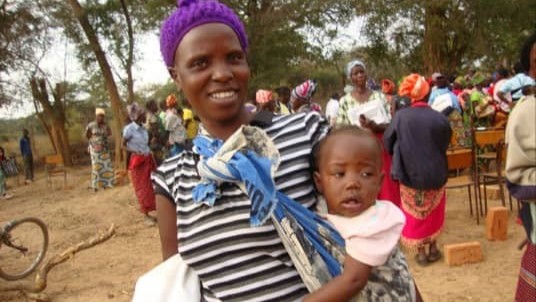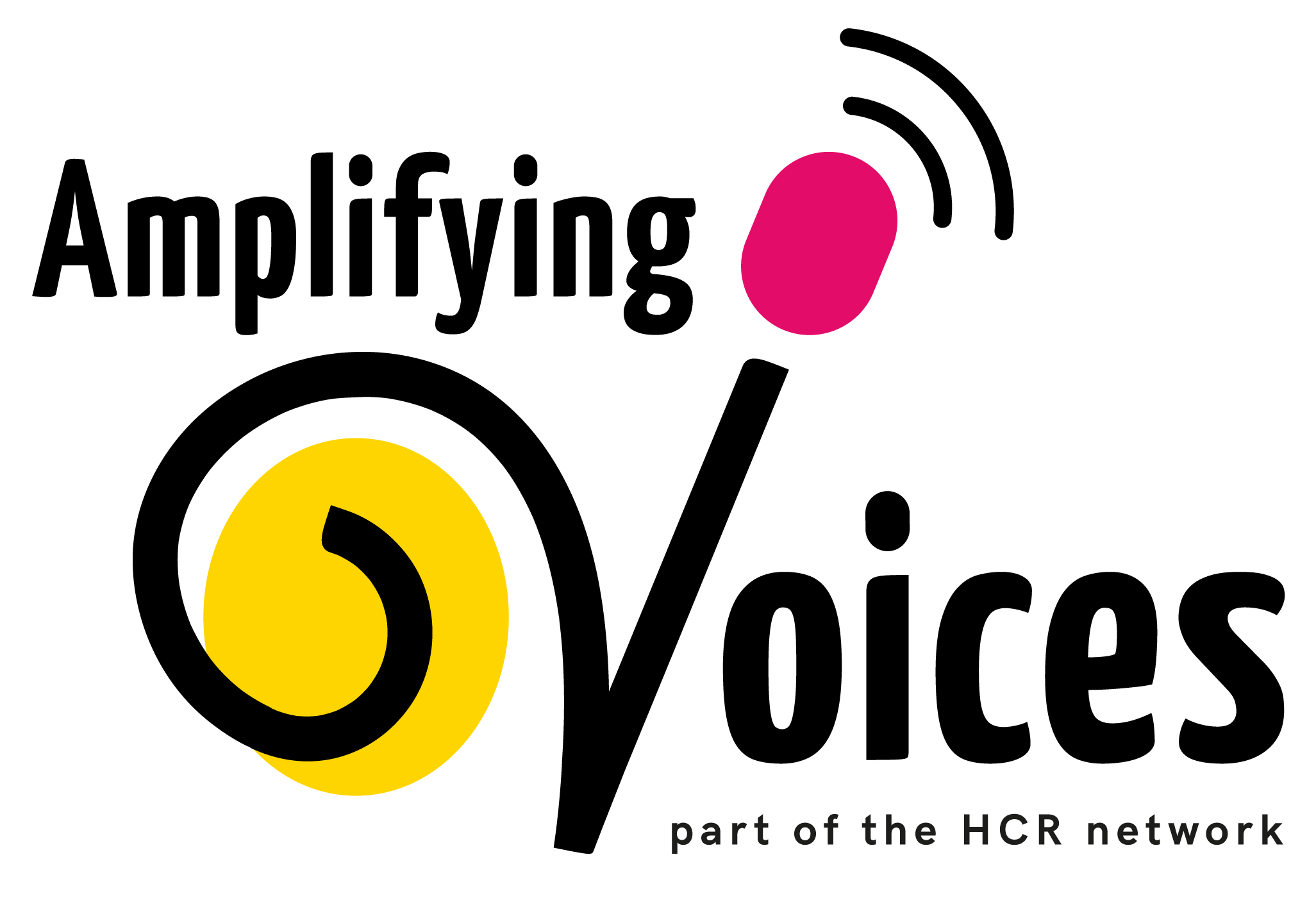
A new community radio station for Southern Zambia
There are only a few areas of Southern Zambia that don’t have their own radio station. Pemba district is one of those. Weak signals from stations in other districts can sometimes be heard, but the voices and the conversations are not the voices and conversations of Pemba district. They serve the needs of those other places. In Zambia, as in many African countries, community radio is recognised as a vital tool for communities fighting poverty, creating new opportunities and helping to sustain better health outcomes. Our Zambian partner, Chibozu Community Trust and other community members in Pemba district have been advocating for several years to be allowed to close this gap in local radio availability. At the end of June, the government of Zambia allocated a license to Chibozu Community Trust to set up and run a new community radio station for Pemba District.
The station will be located in Simooya, a village in the middle of the rural settlements south of Pemba town. People living in this area are mostly subsistence farmers. Chibozu Community Trust has supported community members to build and run a school and a clinic in Simooya.
We asked how community members were responding to the news that the community radio license had been granted:
The head teacher of the school said
“The community radio station will be a great way to preserve culture and traditions through story telling, interviews and music. Making culture and tradition as part of radio is a great way of passing it down from generation to generation and hence keeping it alive.’’
Another teacher saw the potential for extending education opportunities to those with limited or no access to school.
“the school can broadcast the lessons that can reach many learners thus increasing learning time”.
Community members and health workers also see the potential to support the school and the clinic. These are a great benefit to those living closest, but some community members living more remotely may not be know how or when to access the facilities.
The nurse in charge at the local clinic saw the importance of the radio station when she made the following remarks: ‘’it will be possible for us to send various health information to the community relating to health activities. … For instance when we carry out what we call ‘child health week’.’’
A local mother agreed: “I am happy to be told that there will be a radio station in the area as it will help me get the information on when to take the children for under five clinic services.’’
Community radio will increase local trade opportunities, and support informal local advice networks:
“The coming of a radio station will be very helpful to farmers as it will be easy for us to market our farm products and when it comes to animals diseases, it will be possible to share information about prevention and treatment of various animal ailments.” (A farmer from Simooya)
Local government in Southern Zambia is shared between elected government and traditional chiefs. One of the chiefs said:
‘’The radio station will help us as traditional leaders to send information to our subjects like inviting them for meetings”
This is not just a tool for chiefs getting their messages out. It is a platform that creates opportunities for more local people to get involved in local decision making.
The chief also sees the value of community radio for communication between community members: “it will be easy for someone to trace something if it gets lost such as animals.”
The enthusiasm continues. There are the local businesses looking forward to staying in touch with customers and reaching new contacts, and the local pastors who look forward to better connection with congregations and reaching new people with the Gospel. There is a palpable excitement about the imminent arrival of the new station.
But there are a couple of catches. A brand-new radio station needs to be set up and ready to start broadcasting by the end of October to meet conditions set by the Independent Broadcasting Authority (IBA) and ZICTA, government agencies responsible for granting the broadcasting license and a station frequency. The station needs to have suitable premises ready and equipped. The equipment needs to be purchased, shipped, cleared through customs, and installed. Some of the license conditions, e.g., for soundproofing the studio, are more stringent than we would expect (or recommend) for a community radio station, leading to unexpected costs and a larger longer term challenge for the local community to make the station sustainable. A station manager needs to be recruited and local team members trained to use and maintain the equipment, and very importantly, how to create community-centred content in collaboration with community members and local service providers.
We are not standing still, and neither are Chibozu Community Trust or the Simooya Community Members. We have already provided two sessions of online training for the board of Chibozu Community Trust so they are prepared for recruiting and providing governance for a local team. The board have visited other local stations so they understand what the finished setup could look like and what is expected of them. They have started to adapt an unused classroom at the end of the school building for the studio. Amplifying Voices has sourced most of the equipment which should be ready to send to Zambia within the next couple of weeks. We are planning to visit Simooya in the second half of October to oversee the final stages setup and provide training workshops for station staff, community volunteers, service providers and other local stakeholders.
